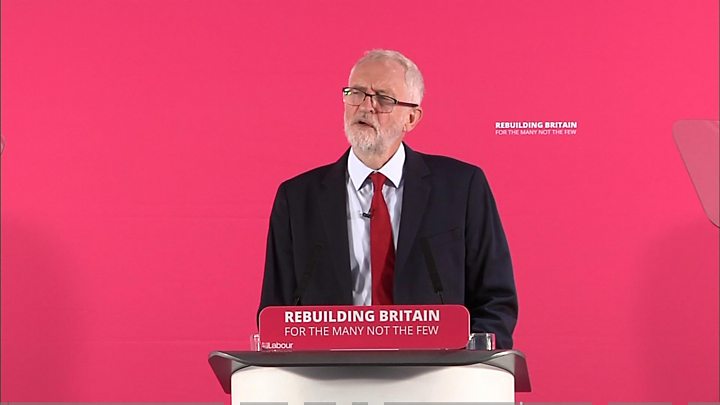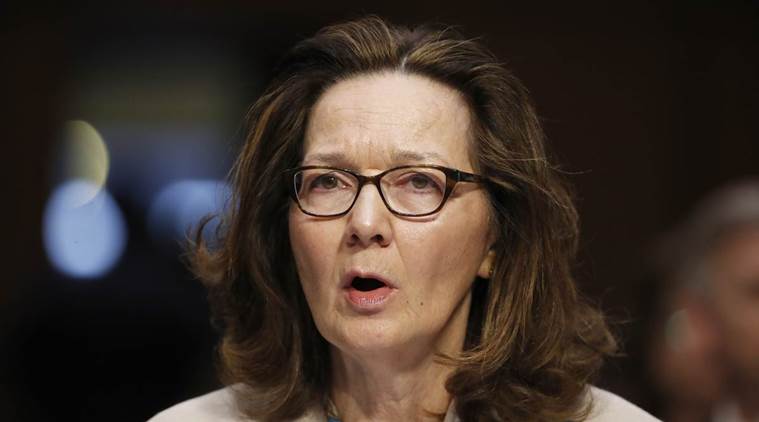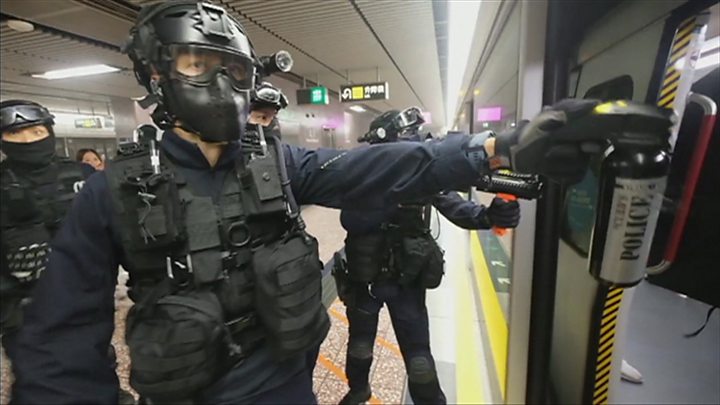Boris Johnson is considering seeking an early general election if MPs wanting to block a no-deal Brexit defeat the government this week.
The BBC understands "live discussions" are going on in No 10 about asking Parliament to approve a snap poll.
Political editor Laura Kuenssberg said it could happen as soon as Wednesday but no final decision had been taken.
Tory ex-ministers are joining forces with Labour to stop the UK leaving the EU on 31 October without a deal.
Amid mounting speculation about an election, Mr Johnson is due to hold an unscheduled cabinet meeting at 17.00 BST and will also speak to Conservative MPs on Monday afternoon.
The prime minister has said the UK must leave the EU on 31 October, with or without a deal, prompting a number of MPs to unite to try to prevent the UK leaving without an agreement.
They are expected to put forward legislation on Tuesday to stop no deal under "SO24" or Standing Order 24 - the rule allowing MPs to ask for a debate on a "specific and important matter that should have urgent consideration".
Tory rebels have been warned those who support the move would be expelled from the party and deselected.
A No 10 spokesman said it was treating this week's Brexit votes as an issue of confidence, which traditionally trigger a general election if the government loses.
But leading figures, including ex-cabinet minister David Gauke, have insisted that despite the threat of expulsion, they will press ahead with efforts to pass legislation requiring the PM to seek another Brexit extension if he cannot get a deal.

Media playback is unsupported on your device
There is not scheduled to be another general election until 2022.
Under the terms of the Fixed Terms Parliament Act, Mr Johnson would require the backing of two-thirds of the UK's 650 MPs to trigger an early poll this autumn.
Should this happen, the prime minister would be able to recommend the date of the poll - likely to be a hugely contentious issue - to the Queen.
If Parliament were dissolved on Friday then the earliest possible date for an election would be Friday 11 October. With polls normally taking place on a Thursday, 17 October is potentially the more likely earliest opportunity.
But those who back a negotiated Brexit deal, or want to remain in the EU, are concerned the PM could delay the poll to the start of November, after the UK has left the EU, making it impossible to stop a no-deal Brexit.
'Bring it on'
Labour leader Jeremy Corbyn has said the UK "needs" a general election, as it "would give the people a choice between two very different directions for the country".
He has dismissed warnings from former Labour leader Tony Blair, who said an early election was an "elephant trap", and Mr Johnson could win such a vote as "some may fear a Corbyn premiership more" than a no-deal Brexit.
SNP leader Nicola Sturgeon said it was imperative any new government was elected before the UK's departure.
Former Conservative Culture Secretary John Whittingdale, a leading Brexiteer, told the BBC he did not believe there would be time to stage an election before the Brexit deadline.
If there is an election before the end of 2019, it would be the third in the past five years, after polls in 2015 and 2017.
It's more than just Westminster talk and rumours.
If rebels defeat the government and vote for another Brexit delay then No 10 is considering with utmost seriousness whether to push button on a general election campaign.
The big question is whether or not the prime minister tries to have an election before we leave the EU - as the law currently stands - on 31 October.
The government could also put forward a date this week when they say they want to have a general election, but they could then change that date without having to have a vote from MPs.
Labour politicians would have very, very different views on what to do, but Jeremy Corbyn did seem to indicate he would back a general election.
It would be rather awkward for him not to, when he and senior Labour politicians have been calling for a general election for such a long time.
What could happen this week?
- Tuesday: MPs return to the Commons after their summer recess. Opposition MPs are expected to put forward legislation to stop no deal under "SO24" or Standing Order 24. This would be the bill's first reading.
- Wednesday: In theory, the bill would then be debated and could potentially pass through all further Commons stages. However, the bill must pass through a series of votes and receive backing from more than half of MPs to pass to the next stage. Boris Johnson's first PMQs as prime minister also takes place.
- Thursday: If MPs passed the bill, it could then reach the House of Lords by Thursday, but consideration of the bill could spill into Monday. It will be debated and voted on. The House is not due to sit on Friday.
- Monday, 9 September: If the bill passes these hurdles it could gain Royal Assent, formally making it law.
This could be a tight timetable as there are as few as four sitting days before Parliament is suspended. This is due to happen between Monday, 9 September, and Thursday, 12 September, under plans announced by the prime minister.
Another hurdle for any bill could come in the Lords. Although opponents to no deal have a large majority, peers wanting to block legislation could talk until there is no time left.
https://www.bbc.com/news/uk-politics-49549960
2019-09-02 12:32:28Z
52780370598444


